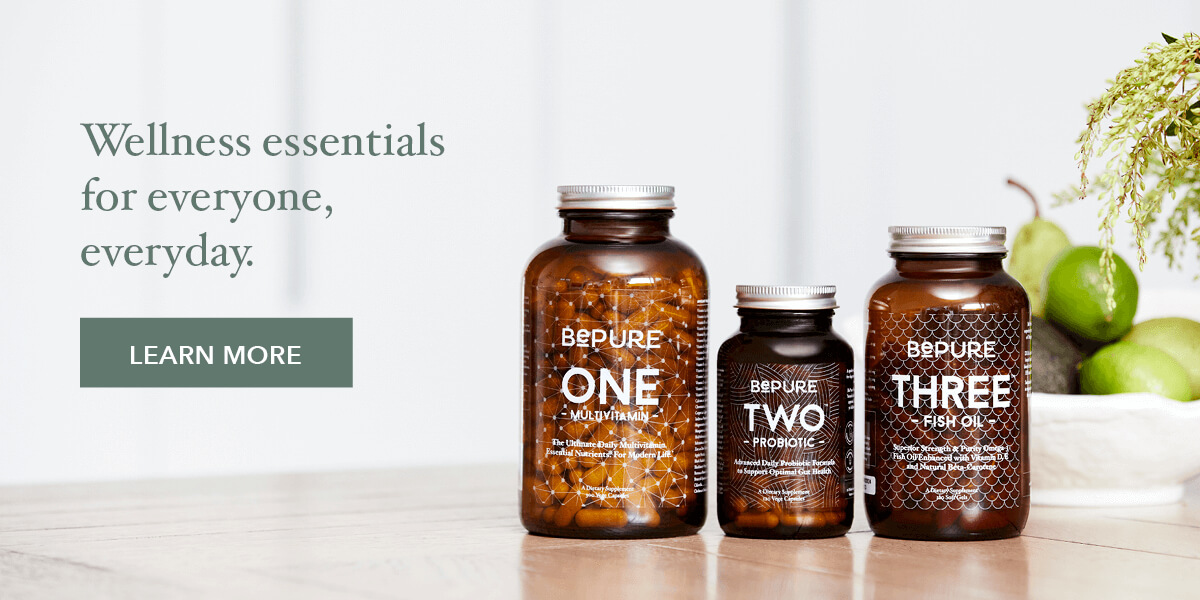Buying organic food is often more expensive than conventional produce, but there are ways you can reduce the cost by growing your own produce, joining a co-op, or getting organic vegetable boxes delivered to your door.
However, if you are buying produce conventionally, we've put together the clean 15 and the dirty dozen list to give you some guidance. Our list gives you a break down of what produce has the least and most amount of pesticides and is a great place to start when choosing what produce is crucial to purchase organic, and what is passable as non-organic.
"This is a great place to start when choosing what produce is crucial to purchase organic, and what is passable as non-organic."
Have a read below to find out more about what organic means and read through the clean 15 and dirty dozen list for your next shopping trip.
According to the Organic Foods Production Act, the definition of an organic product is “animal products sold or labeled as organically produced are not given any kind of antibiotics or growth hormones, are only fed with organic feed and are not administered any type of medication aside from vaccinations or to treat illness…
“Fruits and vegetables that are labeled and sold as organic are grown without using most pesticides or fertilisers with synthetic ingredients; there is no irradiation treatment; seeds and transplants are chemical-free; the fertiliser is natural.”
Where it gets hazy, is that food can be labeled as 100% organic if it contains at least 95 percent organic ingredients. Or can be stated as made with organic ingredients if the product contains at least 70 percent organic ingredients.
What are the health benefits of organic food?
- Better Nutrition, this study found that organic fruits and veggies contain 27% more vitamin C, 21.1% more iron, 29.3% more magnesium, 13.6% more phosphorus, and 18% more polyphenols than non organic produce.
- No Pesticides. The function of pesticides is to poison things. Food that’s grown with the use of pesticides and herbicides carry this potential risk to the consumer.
So what should I buy if I can’t afford to buy organic?
Prioritise quality meat, eggs and dairy products. This way you can limit your exposure to the use of hormones and antibiotics found in conventional products. In addition to the benefit of avoiding these additives, you are also making an ethical stance to support the humane treatment of animals.
While it would be nice to buy everything organic, it’s simply not possible for a lot of people all of the time.
Our clean 15 lists vegetables that naturally have limited exposure to pesticides—usually due to thick skin. This allows the produce to protect its edible parts from pesticides, meaning it’s safer for eating and better for your health. Think apples (on the dirty list) vs. avocados (on the clean list).
This list will help you allocate your budget to the foods that should be bought organically, and which foods are exposed less pesticides and chemicals and are ok to buy conventionally if your budget doesn’t stretch. We always recommend washing fruit and veg (organic as well!) before eating.
The Dirty Dozen
This list was comprised by the Environmental Working Group and is listed in order of the most contaminated fruits and vegetables.
- Apples
- Celery
- Capsicum
- Peaches
- Strawberries
- Nectarines
- Grapes
- Spinach
- Lettuce
- Cucumbers
- Blueberries
- Potatoes
The Clean 15
This list is the fruits and vegetables with the least amount of pesticide residue found on them. To save money, buy these items conventionally and wash at home in a bath of warm water with 4 Tablespoons of apple cider vinegar.
- Onions
- Sweetcorn
- Pineapples
- Avocado
- Cabbage
- Peas
- Asparagus
- Mangoes
- Eggplant
- Kiwifruit
- Melon
- Kumara / Sweet Potatoes
- Grapefruit
- Watermelon
- Mushrooms



